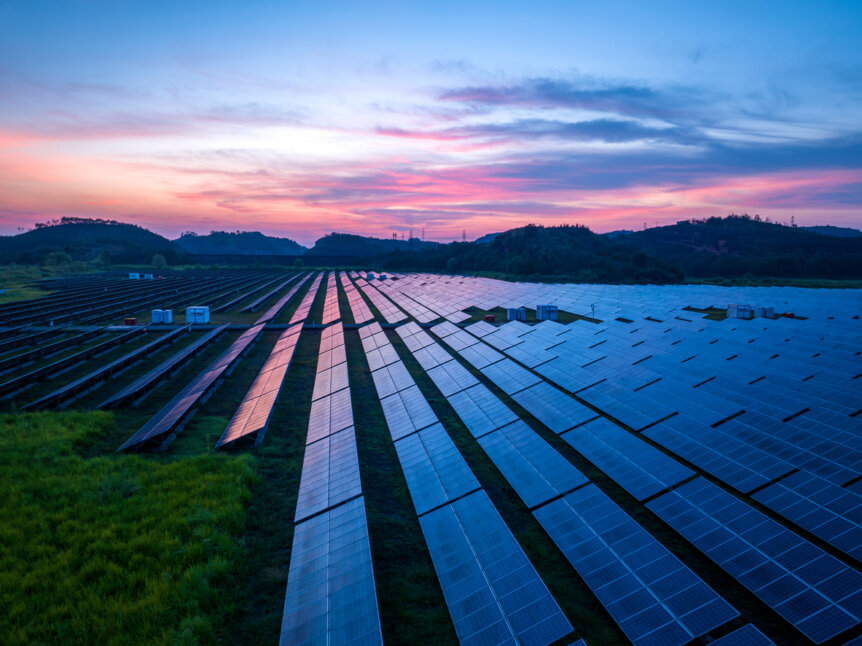As a renewable energy attorney with experience in solar energy leases, I understand the importance of maximizing benefits while protecting the interests of landowners. Solar energy projects offer landowners a lucrative opportunity to diversify their income streams. However, it’s crucial to navigate solar lease agreements with caution to ensure they adequately protect your best interests. In this blog, we’ll explore essential aspects of solar lease agreements to help landowners make informed decisions.
Understanding the Structure of Solar Lease Agreements
Solar lease agreements come in various forms, but they typically follow a similar structure. Developers may present landowners with an option agreement or a lease agreement. Option agreements give developers time to assess project viability, while lease agreements grant developers rights to develop solar projects on the land. Understanding these structures is crucial for landowners to negotiate favorable terms.
Evaluating the Length of the Lease
The duration of a solar lease can span decades, impacting future land use and succession planning. Landowners should carefully consider the length of the lease and its implications for their property and future generations. Multi-generational farms and ranches must assess potential uses of the land over time and ensure the lease aligns with their long-term goals.
Performing Due Diligence on Developers
Before entering into a long-term relationship with a solar developer, landowners must conduct due diligence to verify the developer’s legitimacy and track record. This includes checking online reviews, confirming the developer’s registration status, and gathering feedback from neighbors and the community. Ensuring the developer has a positive reputation is essential for a successful partnership.
Negotiating Compensation and Rights
Landowners should carefully review compensation structures and rights granted under solar lease agreements. From lump-sum payments during the development phase to annual payments during the operation phase, understanding compensation is crucial for maximizing benefits. Additionally, landowners must ensure the lease protects their rights and includes a catch-all reservation of rights clause to safeguard against unforeseen circumstances.
Part 2: Mitigating Risks and Ensuring Fairness in Solar Leases
In the second part of our series on solar leases, we’ll delve deeper into mitigating risks and ensuring fairness for landowners. From termination provisions to dispute resolution mechanisms, we’ll explore essential considerations to protect landowner interests in solar energy projects.

